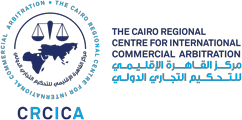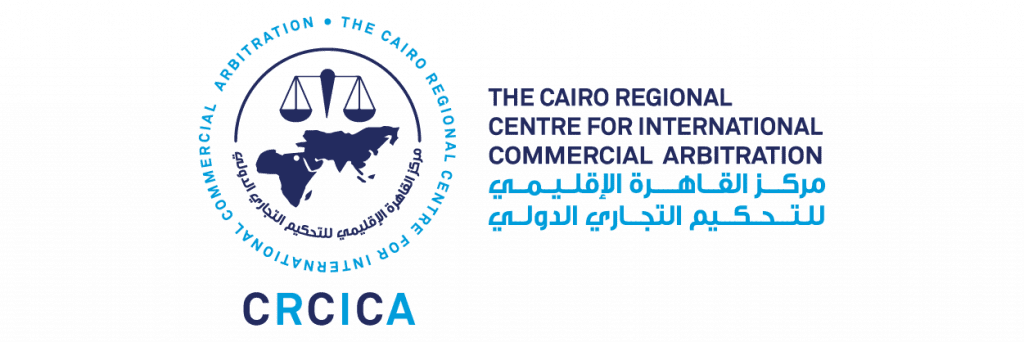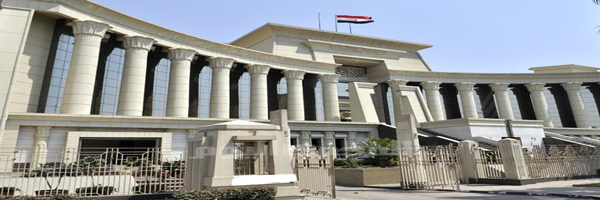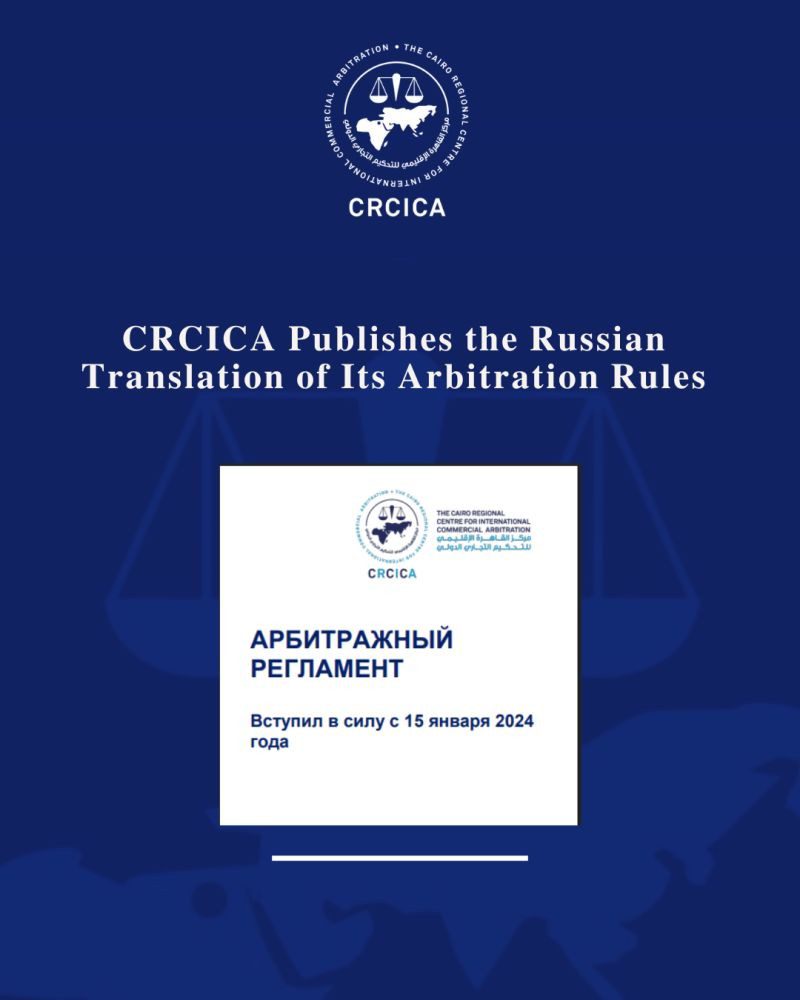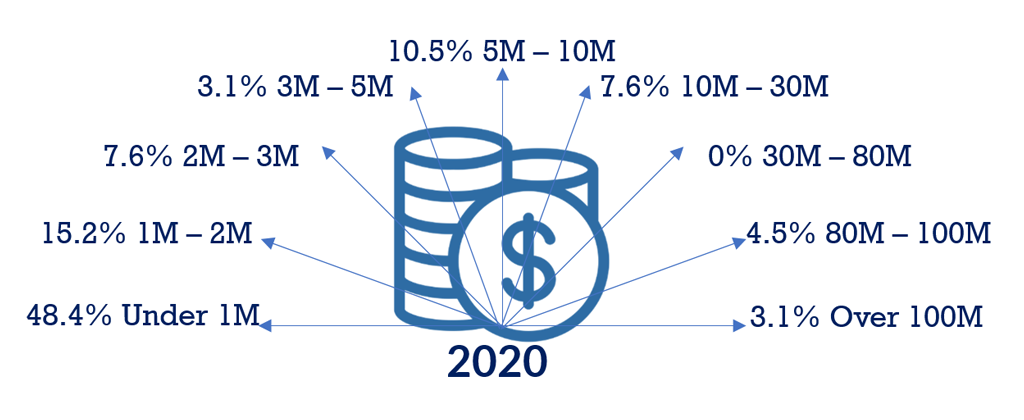In a remarkable decision dated 15 January 2012, the Egyptian Supreme Constitutional Court (the “Court”) ruled in a matter of positive conflict of jurisdiction that, pursuant to Articles 9/1 and 54/2 of the Egyptian Arbitration Law No. 27 of the year 1994 (the “Law”), the Cairo Court of Appeal has exclusive jurisdiction over challenges filed against arbitral awards rendered on the basis of an arbitration clause enshrined in an administrative contract, as long as the proceedings pertained to an international commercial arbitration, as defined under Articles 2 and 3 of the Law.
The Court was seized with a request filed by a British company against the Egyptian Minister of Civil Aviation, the Egyptian Minister of Transportation and other Egyptian public entities in order to eliminate the positive conflict of jurisdiction between the Egyptian Supreme Administrative Court and the Cairo Court of Appeal, which assumed jurisdiction on the basis of two challenges filed by the Egyptian entities against an arbitral award rendered in favor of the British company under the auspices of CRCICA. The crucial question raised before the Supreme Constitutional Court related to the legal nature of the arbitration leading to the CRCICA arbitral award against which two setting aside motions were filed before two different Egyptian judicial entities.
The Court’s task was to assess whether the arbitration was a commercial international one, subject to the jurisdiction of the Cairo Court of Appeal, or rather an arbitration related to an administrative contract whose annulment falls within the exclusive jurisdiction of the Egyptian Conseil d’Etat (State Council Administrative Courts).
After analyzing Articles 2, 3, 9 and 54/2 of the Law, the Court held that, while the disputed BOT contract, concluded between the Egyptian Civil Aviation Authority and the British Company, is deemed to be an administrative contract, it assumes, at the same time, a pure economic nature. The Court also held that the conditions for characterizing the arbitration as an international one as per Article 3 of the Law were satisfied given that the arbitration clause referred the potential disputes to the CRCICA and that the principal places of business of the two parties to the arbitration were situated in two different States at the time of the conclusion of the arbitration agreement.
Based on the above, the Court concluded that, whilst, as a general rule, Administrative Courts have jurisdiction over disputes arising out of administrative contracts, the Egyptian legislator carved out an exception to this rule, where it is explicitly stated that setting aside motions filed against arbitral awards rendered in the context of international commercial arbitral proceedings, as defined under Articles 2 and 3 of the Law, fall within the exclusive jurisdiction of the Cairo Court of Appeal (or any other Court of Appeal agreed upon by the parties) by virtue of Articles 9/1, 53/1 (a) and 54/2 of the Law, irrespective of the nature of the contract which included the pertinent arbitration clause.
The impact of this important decision is that the Egyptian Conseil d’Etat would have no jurisdiction over arbitral proceedings pertaining to disputes arising out of administrative contracts that are referred to any institutional arbitration whether in Egypt or abroad.
(Supreme Constitutional Court, Case No. 47 of the judicial year 31 “Conflicts”, Session of 15 January 2012)
